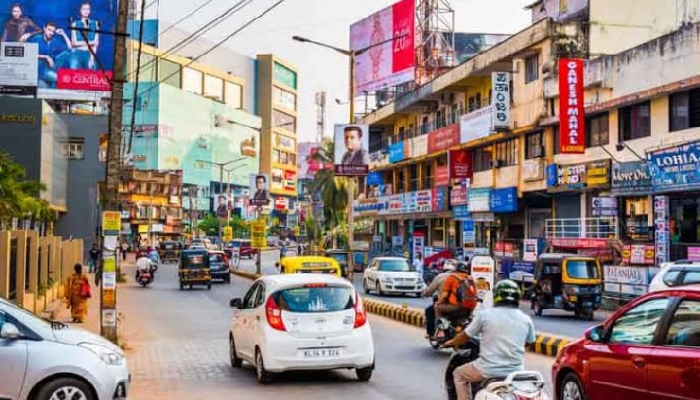Mangaluru, Oct 2: Upholding the right of students to keep their marks card and other original academic documents with them after getting admission in a new institution, Dakshina Kannada Deputy Commissioner K G Jagadeesha has warned of filing criminal cases against private educational institutions if they fail to return all original documents to students.
Speaking at a review meeting chaired by Karnataka State Commission for Protection of Child Rights Chairperson Kripa Alva here recently, the DC said the institutions have no right to retain the original documents of students, including marks cards and other certificates.
However, many instances have come to light wherein institutions refused to return documents in the event a student discontinues a course midway. They demand payment of full fee to return such documents.
The DC directed institutions to return original documents, if any they have retained, within one month to students.
After a month, officials concerned would visit every private institution and conduct an inspection. If they find any institution retaining original documents, criminal proceedings would be initiated, Jagadeesha said.
Meanwhile, Kripa Alva asked the district administration to ensure every private education institution and hostel in the district would have a student-friendly environment.
The administration should periodically conduct inspections about infrastructure in hostels, she said.
Kripa Alva said that if a student desires not to continue studies in a particular institution, such institution should pave the way for the student’s smooth exit. Instead of demanding the full fee for the course/ term/ year, the institution should refund fees already collected, she said.





Comments
Very good move in the interest of student. It should be made a law at national level. Law should cover all the institution including coaching centers. Marks cards and certificates are precious documents of the students.
In the era of digitalization any institutions can save a copy and return the orginals to the students.
Most of the coaching centers collect the fees in advance for whole tenure and never returns if he or she decides to switch courses and discontinue midway. This practice should be stopped at the national level.
Add new comment